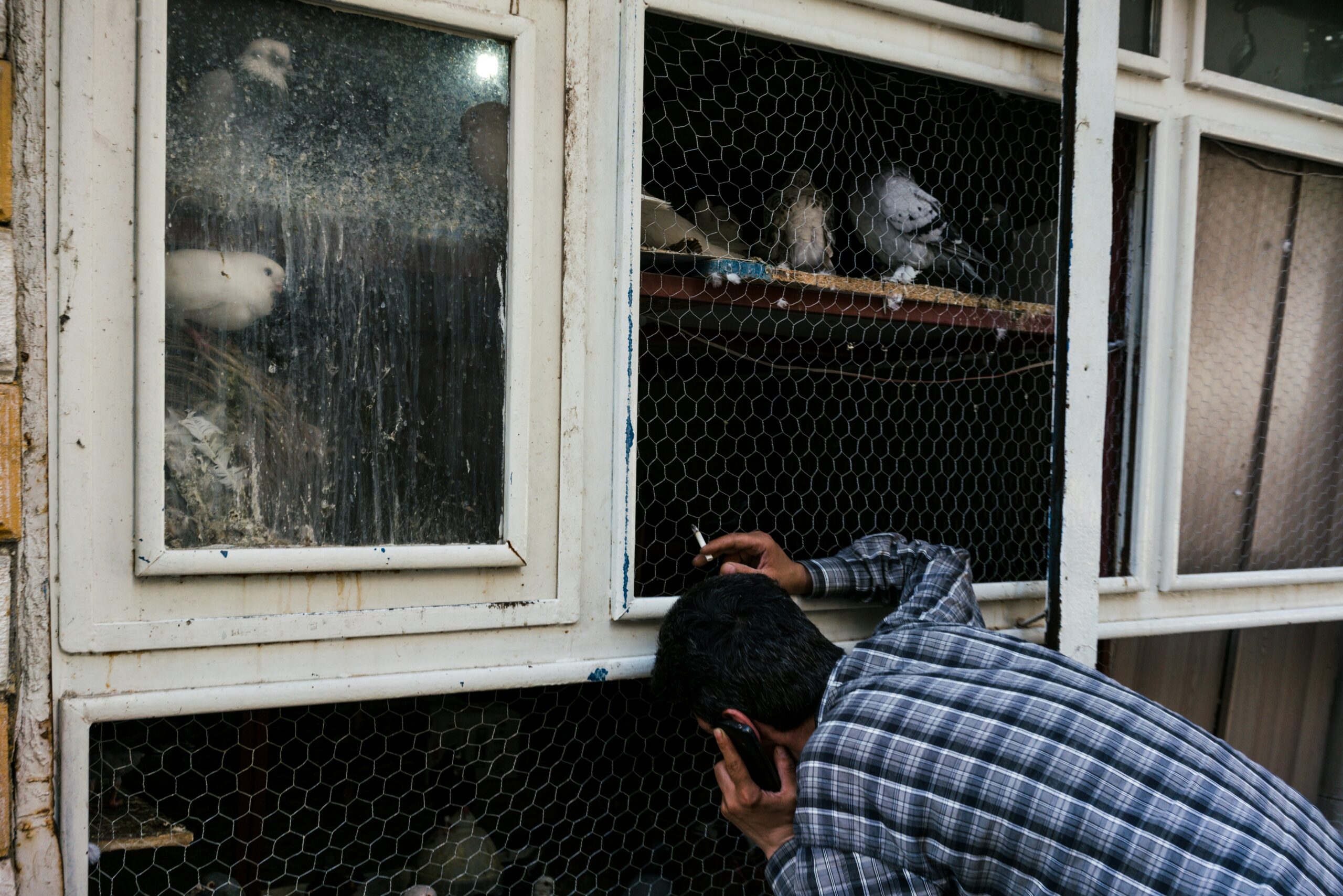
Unprecedented Assault: The Rising Peril for Journalists in Gaza
In a harrowing development that has sent shockwaves across the globe, the recent conflict in Gaza has witnessed a disturbing increase in the number of media workers killed, surpassing any previous records in conflict history. This surge in fatalities among journalists has ignited a fierce debate about the apparent impunity with which these lives are being claimed and the broader implications for global media freedom and international norms.
The Stark Reality of Journalist Fatalities in Conflict Zones
The recent figures emerging from Gaza are alarming. The death toll of journalists has escalated remarkably in this latest confrontation, making it one of the deadliest chapters for the media fraternity in any conflict to date. This grim statistic not only highlights the perilous conditions under which journalists operate but also underscores the urgent need for a robust international response to protect these vital voices in war zones.
Historical Context and the Escalation in Gaza
The history of conflicts reveals a dangerous trend of rising threats to journalists, but the situation in Gaza has reached a new peak. The killing of four Al Jazeera journalists, as part of a broader toll of 237 media workers since the onset of the conflict, points to a systematic issue that transcends typical wartime hazards. These incidents reflect a troubling pattern of targeted assaults on the press, which many international observers are labeling as deliberate actions to suppress critical reporting and information dissemination during military operations.
International Reactions and Condemnations
The international community has not remained silent on these developments. Widespread condemnation has followed the killings, highlighting the global concern over the safety of journalists. Organizations and governments around the world are calling for accountability and measures to safeguard media workers, stressing that journalism should not be a life-threatening profession. The outcry is a testament to the growing consensus on the need for greater protection of journalists in conflict zones.
Implications for Journalism and Media Freedom
The relentless attacks on journalists in Gaza pose serious questions about the state of media freedom globally. When journalists are targeted, it not only endangers their lives but also threatens the fundamental principles of freedom of the press and the public’s right to know. The situation in Gaza serves as a grim reminder of the risks faced by media workers and the imperative to uphold and strengthen international standards for the protection of journalists.
The Role of International Bodies and Legal Frameworks
In response to the escalating crisis, there is a pressing need for international bodies, such as the United Nations and the International Federation of Journalists, to intensify their efforts in advocating for and implementing measures to ensure the safety of journalists. Legal frameworks must be reinforced to prevent the recurrence of such incidents and to hold those responsible accountable. The discussions and actions taken at this juncture will be critical in shaping the future landscape of journalism safety.
Conclusion
The unprecedented number of journalist deaths in the Gaza conflict is a stark reminder of the dangers that media workers continue to face in conflict zones around the world. This situation demands an immediate and coordinated response from the international community to ensure that journalism can continue to serve its critical role in society without becoming a deadly endeavor. The world must come together to protect journalists and maintain the free flow of information, which is essential for the functioning of any democratic society.
As the situation develops, it remains to be seen how effective global efforts will be in reversing this dangerous trend and ensuring that journalists can report safely from all corners of the globe.


